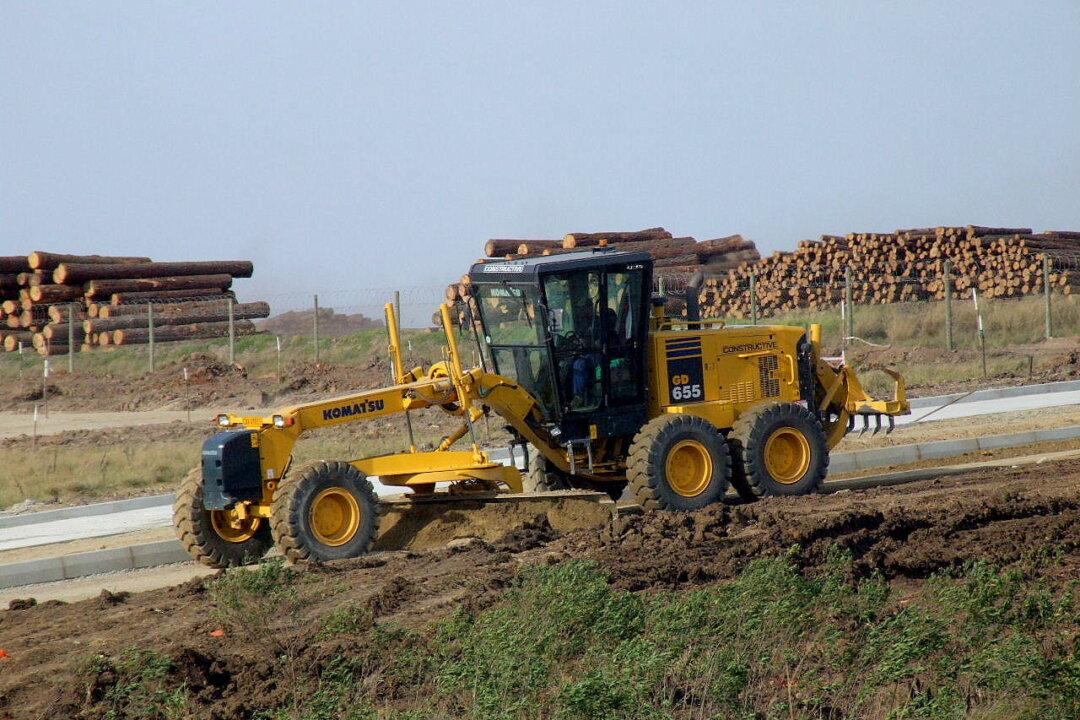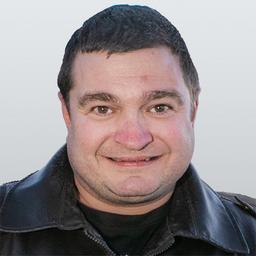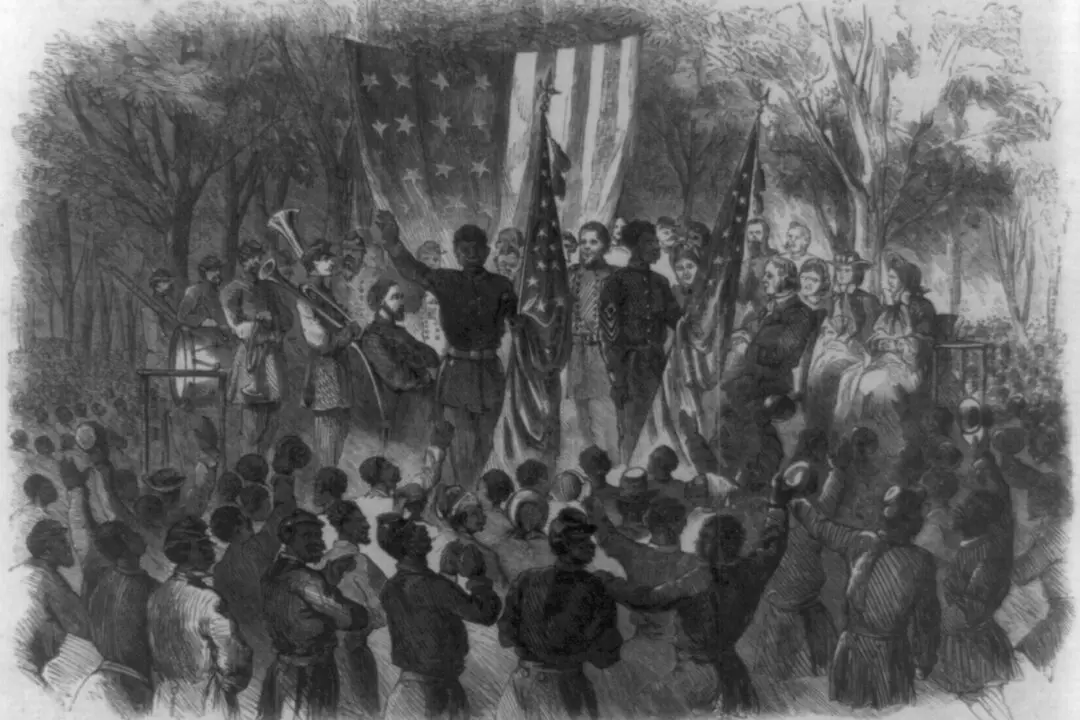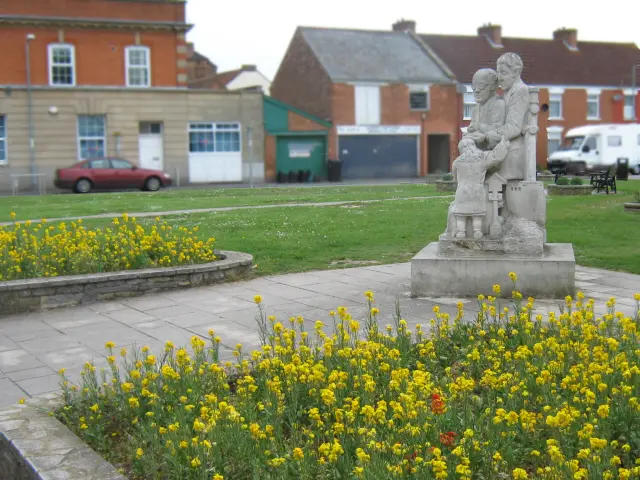He never received a formal education past sixth grade, yet Robert Gilmour “R.G.” LeTourneau (1888–1969) became known as the “dean of earthmoving” due to his inventions for the excavation industry, obtaining nearly 300 patents. He earned another nickname: “God’s businessman.”
LeTourneau was born in 1888 in Richford, Vermont to a religious family. However, he rejected religion when he was young. He returned to his faith when he was 16 and dedicated his life to Christianity.






